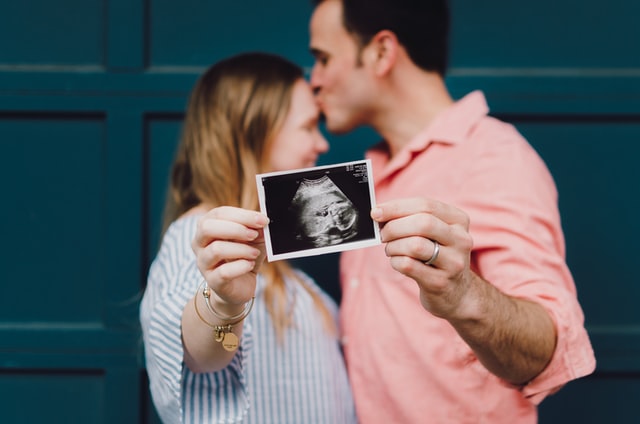Have you decided that you want to become a mom? Great! Congratulations and we are keeping our fingers crossed. In addition, we have some tips for you that will make you closer to fulfilling your dream of motherhood. How long does it take to get pregnant?
You can check your own fertility potential
Girls are born with a certain number of follicles, each of which can theoretically release an egg at some time – it’s called ovarian reserve. Most of these bubbles never mature and get damaged, which is why they get less and less over time. When the whole pot is depleted, we are talking about menopause. You can find out what bubbles you have left by taking a blood test for anti-Müllerian hormone (AMH) levels.
When I get pregnant – a fertile couple
A healthy fertile couple has a good chance of becoming pregnant during the year of unprotected intercourse. From 100 couples applying for a child:
- 20 conceive a child in a month,
- 70 will conceive a child within six months,
- 85 will conceive a child within a year,
- 90 will conceive a child within 18 months,
- 95 will conceive a child in two years.
These are average numbers, statistics. Some couples have high fertility, which means they have a higher than average chance of getting pregnant. Other couples, in turn, have low fertility, which means that they have to wait for the desired child for a long time. For couples under 35 years of age with no medical problems that may prevent you from conceiving a child, it is natural to apply for a child for two years. If fertilization does not occur in the first year, there is a good chance that fertilization will occur in the second year of efforts.

Take care of the correct weight
There is a huge relationship between your body weight and fertility! Both excess kilos and weight deficiency interfere with ovulation. Overweight can disrupt ovulation cycles and menstruation. It can also interfere with follicular growth, normal embryo development and implantation. In the case of underweight, fertility problems result from secondary amenorrhea, increased follicle stimulating hormone secretion, whose high level most often relates to ovarian failure, or a shortened luteal phase. The influence of body weight on woman’s fertility is visible at every stage of the reproduction process, from the moment of trying for a baby to the complications of pregnancy, childbirth and puerperium. Therefore, take care of proper nutrition and physical activity, which are crucial for health and maintaining a healthy weight.
Enjoy more pleasure
Female orgasm is mainly seen through the prism of pleasure. But it is not everything! It is worth knowing that mother nature has found one more destiny for him. It makes it easier for sperm to reach the egg cell. According to evolutionary biologists, a woman’s orgasm during sexual intercourse, just after ejaculating a partner, allows 70% of sperm to be preserved within the genital area. In addition, muscle spasms occur with the same frequency in both women and men, which makes it easier for sperm to reach the egg.
Intercourse during ovulation
The rhythm of female fertility determines the cycle controlled by hormones. It is under their influence that the Graafian follicle with the egg cell matures in the ovary every month.
When the egg (female gamete) ripens, it leaves the ovary and goes through the fallopian tube to the uterus. The moment of her release is ovulation.
To become pregnant, the egg must be fertilized by a sperm within a maximum of 24 hours from ovulation. However, the fertile period lasts longer, because sperm can live in a woman’s body up to 80 hours, or about 4 days.













